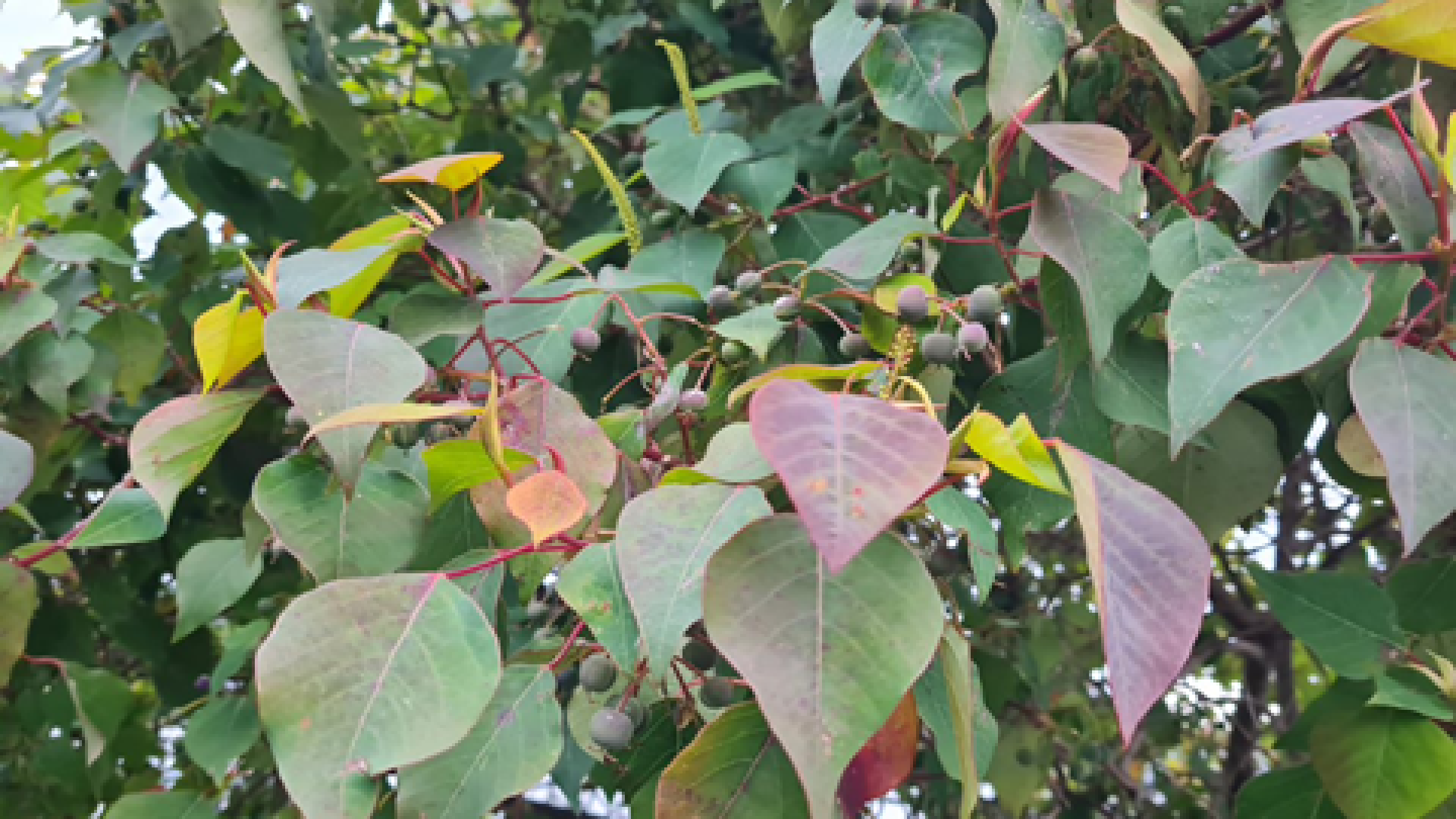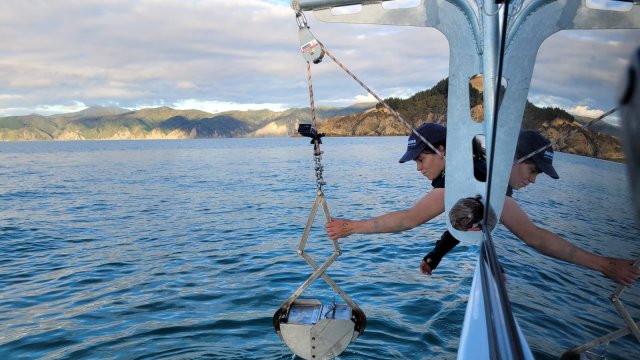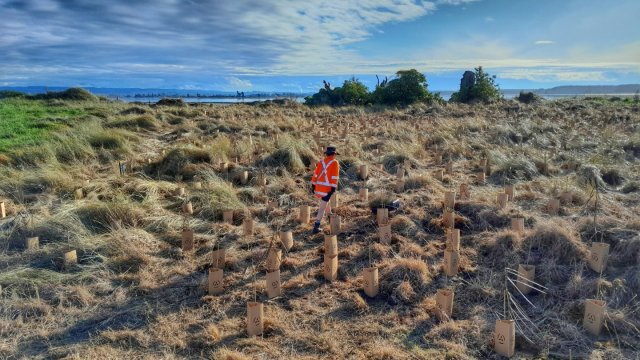Pest Patrol: Queensland poplar
27/07/2022 12:50pm
Pest Patrol is dedicated to lesser-known biosecurity threats and how you at home as citizen scientists can help us to spot them.
Nelson City Council is regularly profiling weeds and other nasties that we would like you to keep on the lookout for – pests that have yet to become fully established in our region that we want to nip in the bud before they spread and become large-scale problems.
Queensland poplar (Homalanthus populifolius)
Queensland poplar is a small and attractive tree from Queensland, Australia, that grows well here despite the colder climate. This pest is likely to be found in urban gardens. It’s a “sustained control” pest in the Regional Pest Management Plan which means it requires removal. Council’s biosecurity team is working to reduce the impacts of this pest and slow its spread to other properties in the region.
Queensland poplar grow rapidly up to about 5m tall and are prolific producers of seed which is readily dispersed by birds. They can form dense stands in the open and are also shade tolerant which means it can invade and dominate the subcanopy of forested areas.
The purple-green coloured heart-shaped leaf is distinctive. Pale flower spikes rise above the leaves in spring and small clusters of hard round fruit hang below the leaves. To be sure of identification, the fruit have two lobes and a little set of ‘antennae’ on the bottom.

Queensland poplar fruit
This tree has self-dispersed through parts of Nelson central and The Wood, regularly turning up in residential gardens. There are a few trees known out towards Atawhai and Dodson Valley, but it may be established elsewhere. It is fairly easy to spot while it is in urban areas, and the biosecurity team is working hard to get on top of it before it spreads into natural areas where it would be much more difficult to locate and control.
Please remove any Queensland poplar you have on your property and report the locations to help us track down others nearby. Applying a herbicide gel to the freshly cut stump will prevent regrowth.
If you think you have seen this plant in your neighbourhood, please call the Council office on 03 546 0200, or drop an email to biosecurity@ncc.govt.nz and an officer will call you back. Snapping some pictures of the plant in question is often a great help.




